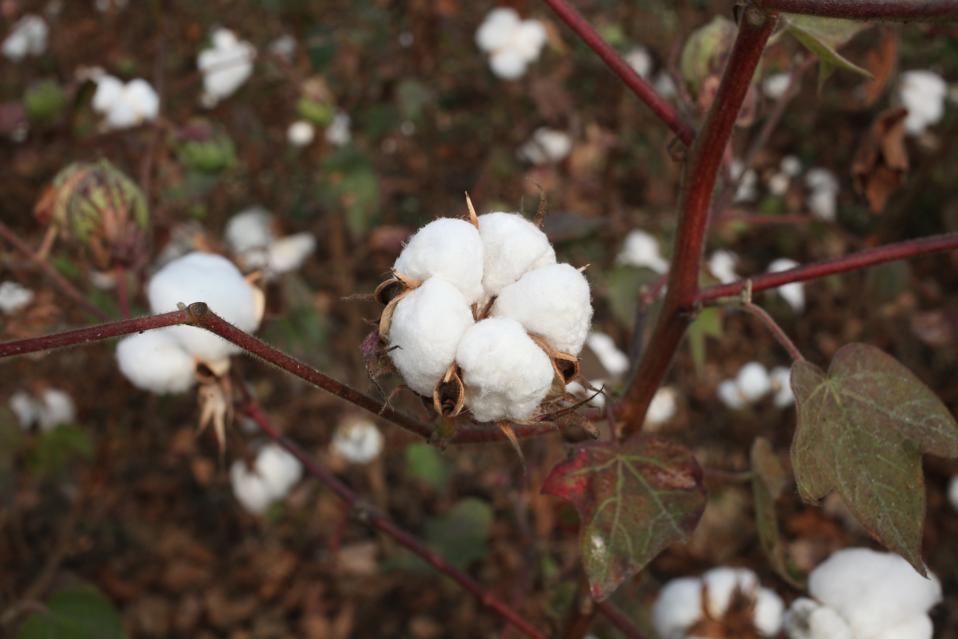
The Sustainability of 100% Cotton: Unveiling the Environmental Impact and Ethical Considerations
January 10, 2024In recent years, sustainability has become a paramount concern across various industries, including the fashion and textile sector. As consumers become more conscious of the environmental and social implications of their choices, the demand for sustainable materials has surged. One such material that often comes under scrutiny is cotton. In this article, we delve into the question, “Is 100% cotton sustainable?” by exploring its environmental impact, ethical considerations, and potential alternatives.
- The Environmental Impact of Cotton Production:
Cotton, known for its softness and breathability, is a widely used natural fiber. However, its production can have significant environmental consequences. Conventional cotton farming relies heavily on pesticides, insecticides, and synthetic fertilizers, which can contaminate soil, waterways, and harm biodiversity. Additionally, cotton cultivation requires substantial amounts of water, contributing to water scarcity in regions where it is grown. These factors raise concerns about the sustainability of conventional cotton production.
- Organic Cotton: A More Sustainable Alternative:
To address the environmental impact of conventional cotton, organic cotton has emerged as a more sustainable alternative. Organic cotton is cultivated without the use of synthetic chemicals, relying on natural fertilizers and pest control methods. This reduces the ecological footprint associated with cotton farming, promotes soil health, and protects the well-being of farmers and nearby communities. Choosing products made from certified organic cotton can contribute to a more sustainable and ethical fashion industry.
- Fair Trade and Ethical Considerations:
Sustainability encompasses not only environmental aspects but also social and ethical considerations. The cotton industry, particularly in developing countries, has faced challenges related to fair trade practices, worker exploitation, and unsafe working conditions. By supporting fair trade initiatives and brands that prioritize ethical sourcing, consumers can contribute to a more sustainable cotton industry. Fair trade certifications ensure that farmers and workers receive fair wages, safe working conditions, and community development benefits.
- Innovations and Alternatives:
While organic cotton and fair trade practices improve the sustainability of cotton, ongoing research and innovation are exploring alternative materials and production methods. For instance, recycled cotton, made from post-consumer or post-industrial waste, reduces the need for virgin cotton production and minimizes waste. Additionally, advancements in textile technology have led to the development of fabrics made from sustainable fibers like hemp, bamboo, and Tencel, which require fewer resources and have lower environmental impacts.
Conclusion:
The sustainability of 100% cotton depends on various factors, including the production methods employed, ethical considerations, and the availability of alternative materials. While conventional cotton production poses environmental challenges, organic cotton and fair trade practices offer more sustainable options. Additionally, exploring innovative materials and production techniques can further enhance the sustainability of the textile industry. By making informed choices and supporting brands committed to sustainability, consumers can contribute to a more environmentally and socially responsible future.